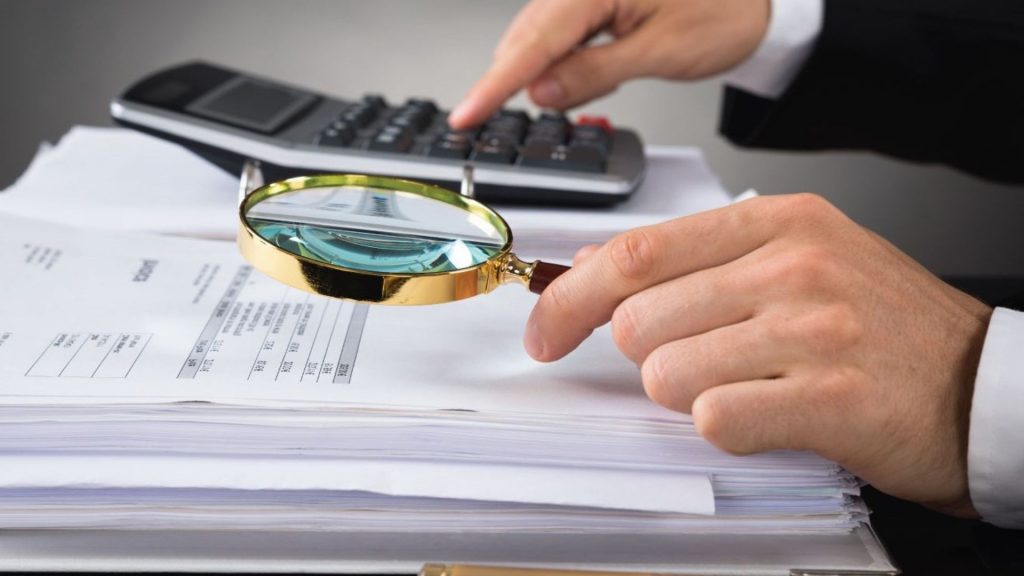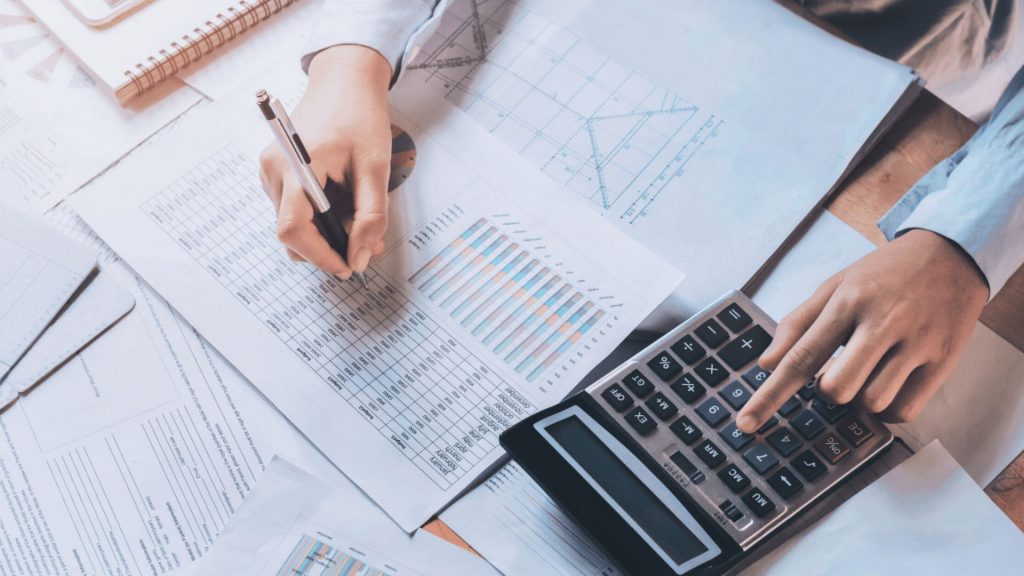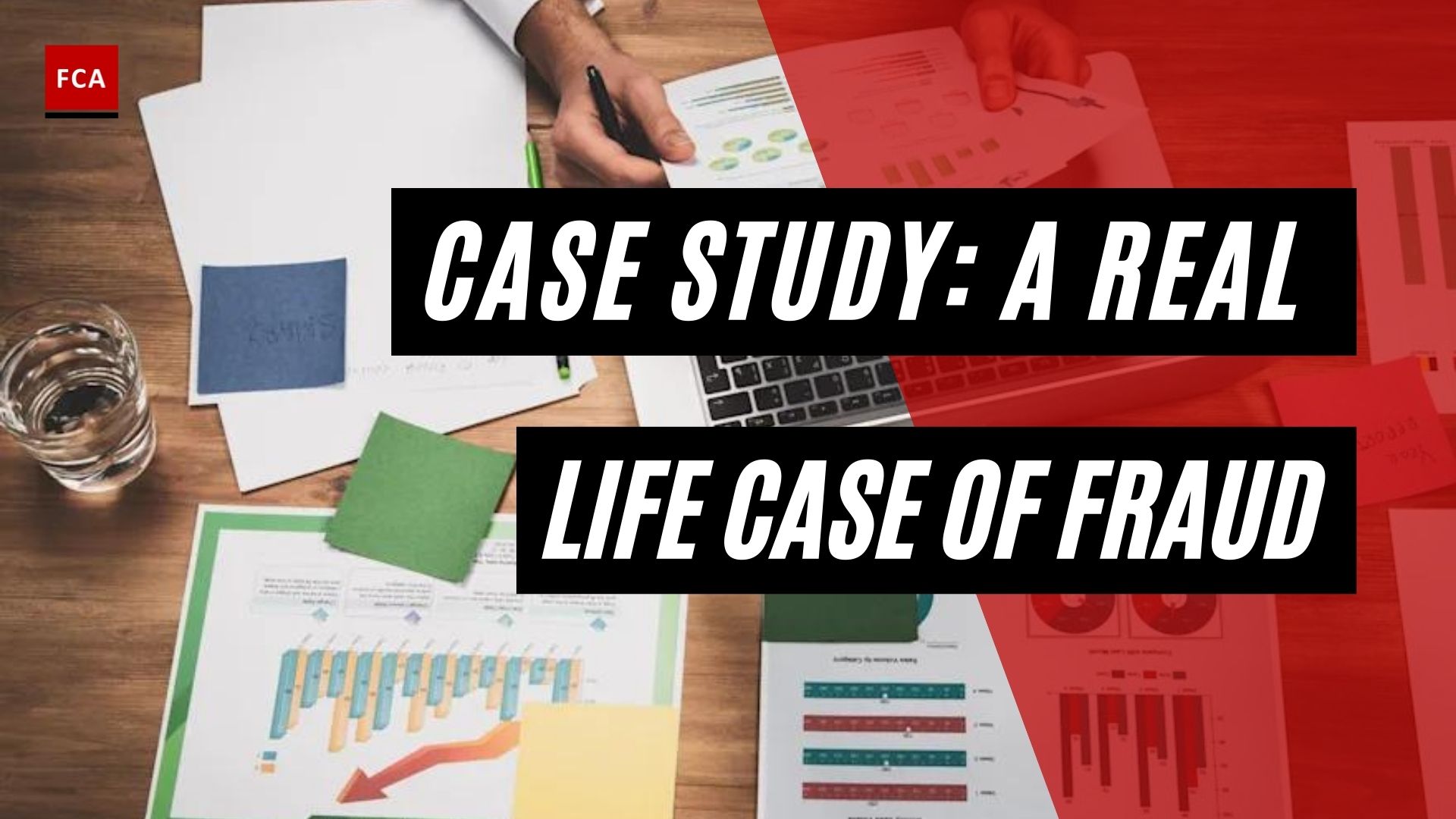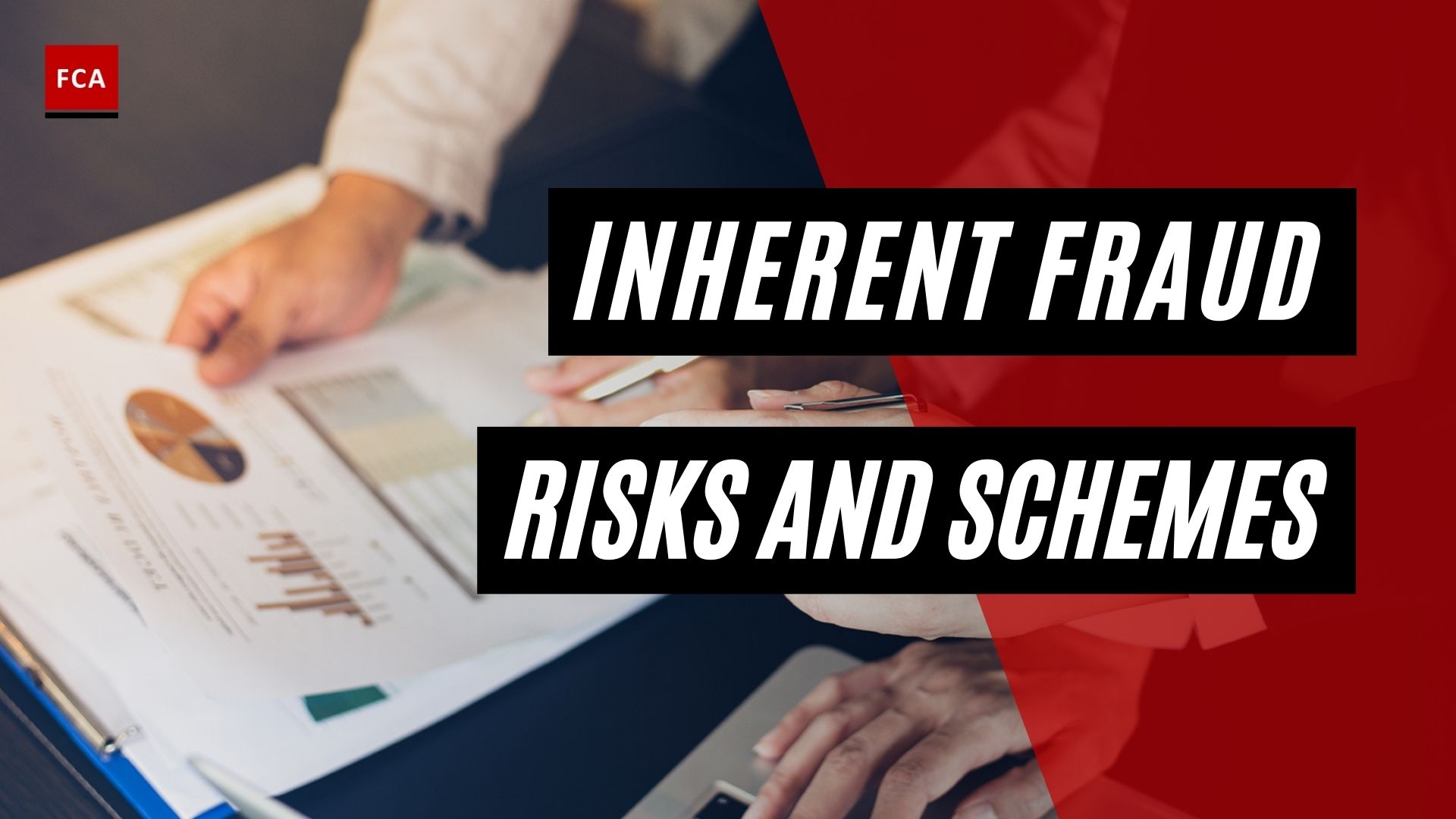Role of audit in fraud prevention and detection. The audit is an essential part of an organization’s overall internal control system, and it serves as the detective control. An audit may be internal or external, having different scope and objectives. The maintenance of good governance requires the conduct of an audit of processes and systems by independent parties.

Role Of Audit In Fraud Prevention And Detection
An audit assures the Board of Directors and Shareholders regarding the reliability of the organization’s internal controls system and financial statements.
Shareholders trust the third-party assurance; therefore, external auditors are appointed to perform an audit of the financial statements prepared by the management of the organization. External auditors being the third party and independent, perform such audits and provide audit reports for consideration of the shareholders.
The internal audit department works as part of the organization and reports to the Board Audit Committee. The internal audit does not participate in the business decision-making and operational processes. However, it checks the control’s sufficiency and operating effectiveness.
Both audit functions are crucial in understanding and having assurance about the strong control culture and fair financial reporting processes.
Internal Auditor’s Role In Preventing, Detecting, And Investigating Fraud
Role of audit in fraud prevention and detection. Internal auditors assist management in establishing a culture that values ethics, honesty, and integrity. They assist management in evaluating internal controls used to detect or mitigate fraud, assessing the organization’s risk of fraud, and participating in any fraud investigations.
Although it is the responsibility of management to design internal controls to prevent, detect, and mitigate fraud, internal auditors are the best resource for evaluating the effectiveness of what management has put in place.

Internal auditors monitor for potential fraud risks as part of their assurance activities, assess the adequacy of related controls, and make recommendations for improvement. Detection: Internal auditors can play an important role in fraud detection because they are exposed to key processes throughout the organization and have open lines of communication with the executive board and staff.
Role of audit in fraud prevention and detection. In many organizations, the chief audit executive (CAE) is in charge of responding to issues raised via the ethics hotline or another process that could lead to the detection of fraud. Internal auditors may play a direct role in investigating fraud incidents or serve as a resource to those responsible; however, they are not expected to have the expertise of those whose primary responsibility is detecting and investigating fraud.
Final Thoughts
Internal auditing and fraud prevention have been hotly debated over the years. While some organizations insist that internal auditors must act as “fraud detectives” and be directly involved in prevention measures, others argue that this is the responsibility of senior management as the first line of defense. Some thought leaders have gone so far as to say that treating internal audit as the organization’s fraud police creates an unrealistic expectation gap that could have disastrous consequences for the business.
Not only is global fraud on the rise, but it is also estimated that an unsettling 70% of fraud is committed by insiders. In some cases, fraud can be so devastating that it brings an organization to its knees. With fraudsters becoming more sophisticated in their methods, businesses must pay closer attention to their anti-fraud control frameworks if they are to remain effective in preventing, detecting, and responding to fraud.









